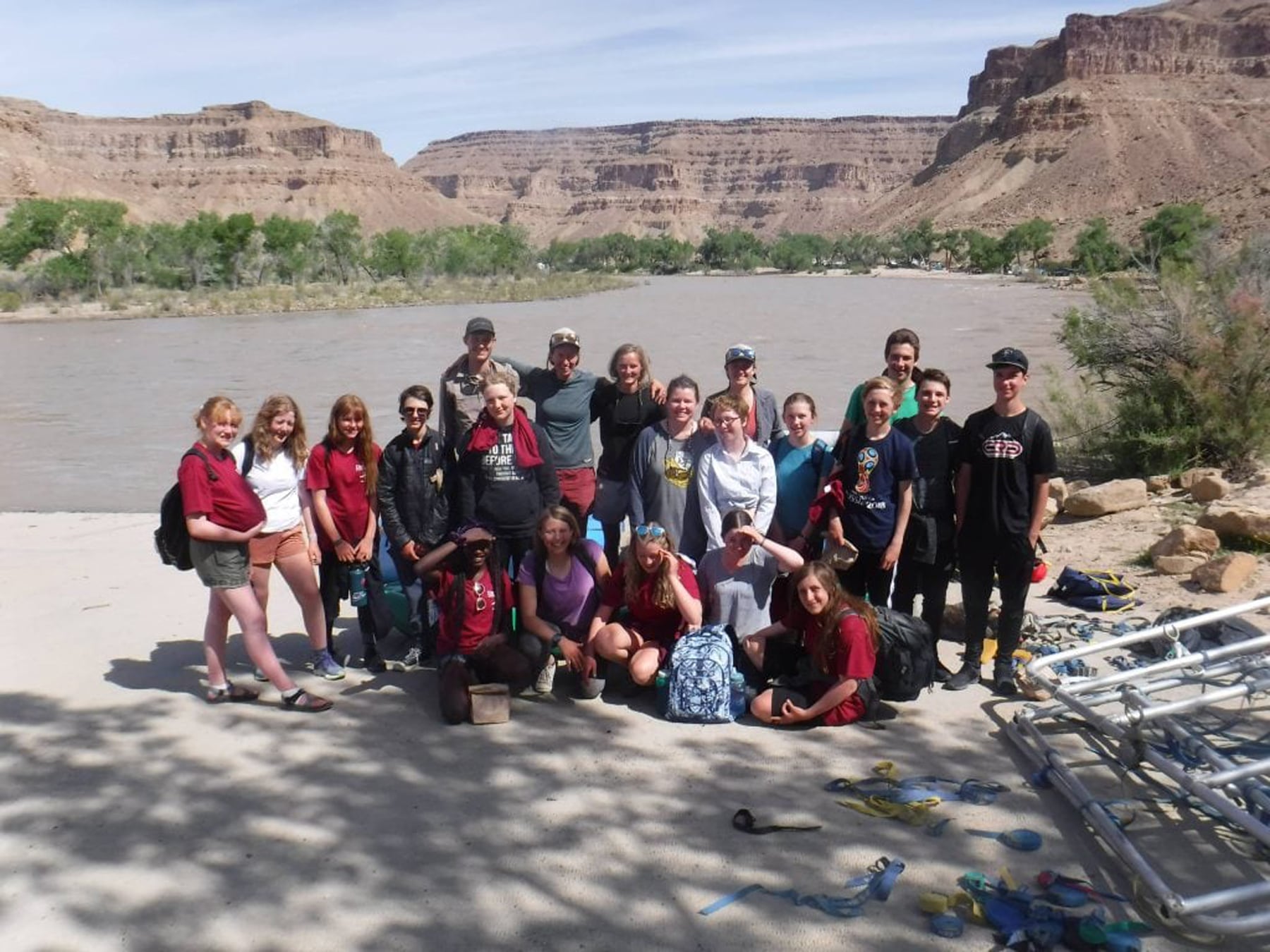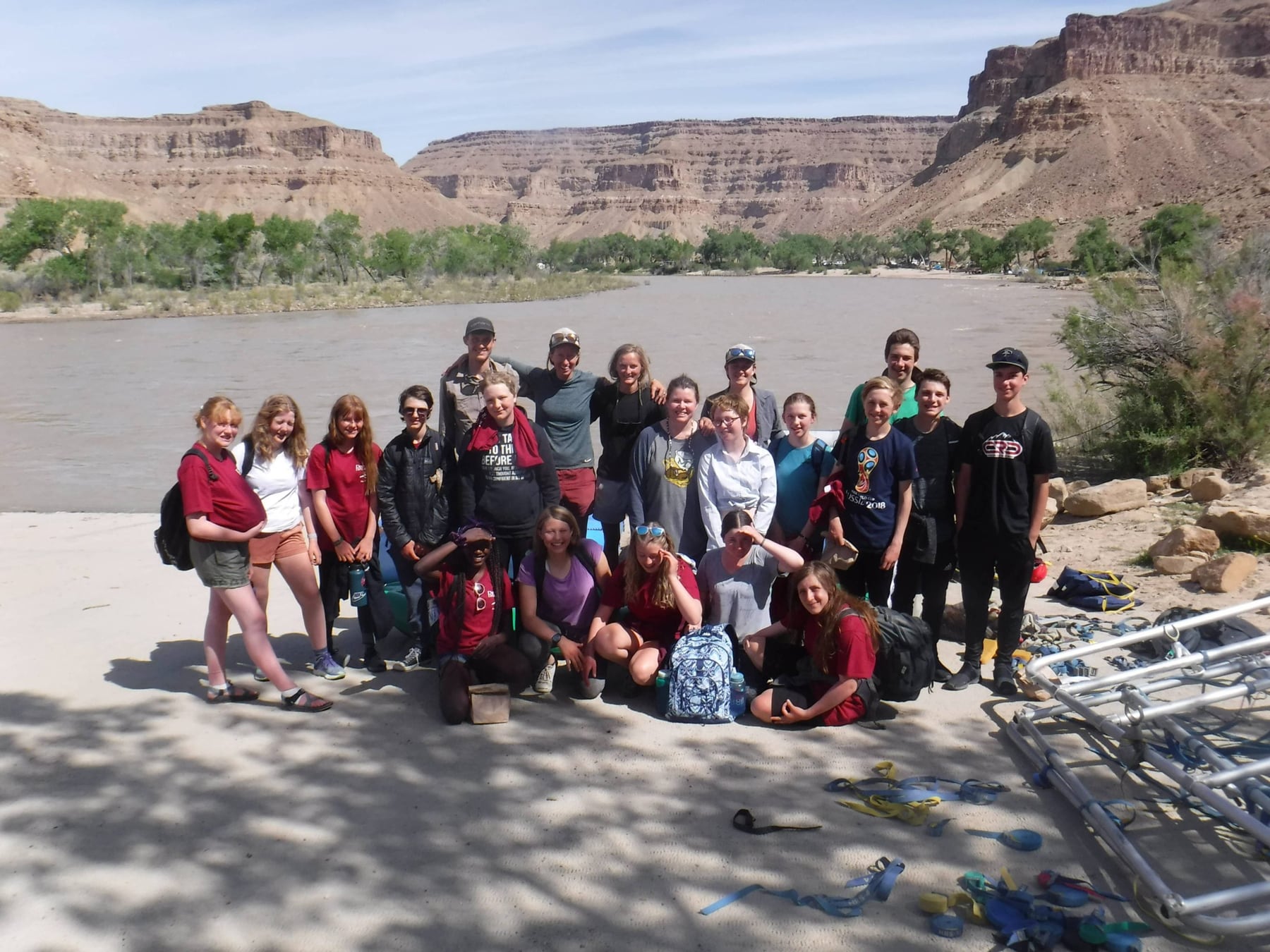When it comes to education, there is no one size fits all approach. Different students learn differently, and what works for one may not work for another. That’s why it’s essential to have a variety of educational methods available like experiential education.
One method of education continues to grow in popularity, especially among teenagers, which is experiential education. Experiential education is defined as “learning by doing.” It’s a hands-on approach that allows students to learn through experience and trial and error.
There are many reasons why experiential education is so important, especially for teenagers. Not only can it be more enjoyable than traditional teaching methods, but it can also be more effective.
In this article, we will take a closer look at experiential education and how it can benefit teenage students.
Experiential Education Explained
Experiential education is a hands-on approach to learning that relies on experience and trial and error. Students are actively involved in the learning process rather than passively listening to lectures or reading from textbooks.
It involves nearly all aspects of a teenager’s learning, from academics to social life. This type of education can take place in and out of the classroom and often includes activities such as community service, internships, and field trips.
One of the main goals of experiential education is to help students connect what they are learning with real-life applications. This can make the material more relatable and easier to understand.
Additionally, experiential education can help students develop essential life skills such as problem-solving, critical thinking, and teamwork.
Why Experiential Education is Important for Teens

There are many reasons why experiential education is so important, but here are ten of the most compelling:
Encourages Greater Student Engagement
A common issue that many educational institutions face is student engagement.
It can be easy for students to become disengaged and uninterested in a traditional educational setting. Unfortunately, this often leads to low test scores and high absenteeism rates.
Experiential education can help address this issue by encouraging students to engage in their learning.
When students are actively involved in their education, they are more likely to be interested and motivated. Additionally, it can help students develop a love for learning that will stay with them long after leaving the classroom.
It’s Memorable
Another benefit of experiential education is that it is often more memorable than traditional education methods.
When students are actively involved in their learning, they are more likely to remember the material. This is because they are using multiple senses and experiencing the material firsthand.
Teaches Important Life Skills
In addition to academic knowledge, experiential education can also help students develop essential life skills. Some life skills that students can learn include problem-solving, critical thinking, communication, and teamwork.
These are all skills essential for success in academics and the workforce.
Encourages Students to Think Outside the Classroom (and Outside the Box)
One of the goals of experiential education is to help students connect what they are learning with real-life applications. This can encourage students to think outside the classroom and outside the box.
Students who are used to thinking creatively and applying what they’ve learned to real-world situations are more likely to succeed in their academics and their future careers.
Helps Students Develop a Global Perspective
It is crucial for students to develop a global perspective in today’s increasingly globalized world. Experiential education can help students do this by exposing them to new cultures and worldviews.
When students are exposed to different cultures, they can learn about other people’s customs, values, and beliefs.
This can help them develop empathy and understanding for others. Additionally, exposure to different cultures can help students see their own culture in a new light.
Teaches Students How to Be Resilient
Experiential education can also help students learn how to be resilient. This is because it often involves trial and error.
When students are allowed to make mistakes and learn from them, they can develop a sense of resilience. This is a vital skill that will come in handy both in academics and life.
Encourages Students to Take risks
In addition to teaching students how to be resilient, experiential education can also encourage students to take risks. This is because experiential learning often involves trying new things.
When students are given the opportunity to take risks, they can learn about their own abilities and limitations. Additionally, taking risks can help students develop a sense of confidence and self-esteem.
Helps Students Develop Independence
Another benefit is that it can help students develop independence. Experiential learning often involves working on projects alone or in small groups.
When students work independently, they rely on their own skills and knowledge. This can help them develop a sense of independence and self-reliance.
Promotes Cooperative Learning
In addition to promoting independence, it can also promote cooperative learning because it often involves working in groups.
When students are working in groups, they have to learn how to communicate and cooperate with others. This is an important skill that will come in handy both in academics and the workplace.
It’s Just Plain Fun
Last but not least, experiential education is simply more fun than traditional education. Experiential learning is often more interactive and engaging than conventional teaching methods.
In addition, experiential educators can tailor experiential learning to the interests of each individual student. This means that students are more likely to be engaged and motivated when participating in experiential learning activities.
Experience True Experiential Education with Deer Hill Expeditions
When it comes to learning, nothing beats experience. At Deer Hill Expeditions, we believe that experiential education is the best way to learn.
Deer Hill Expeditions offers the ultimate in experiential learning, with outdoor expeditions and adventures that provide direct, first-hand experiences of the world around us.
Deer Hill Expeditions was voted the 2019 Organizational Member of the Year Award by the Association For Experiential Education – an award given to an organization that has made significant contributions to the field.
Whether you’re looking for a short day hike or a multi-day backpacking trip, we have an adventure that will fit your interests and challenge you to grow in new ways.
Our experienced guides are passionate about education and are dedicated to providing a safe, supportive environment for learning and growth. Contact us today to learn more about our programs and how we can help you experience proper experiential education!

